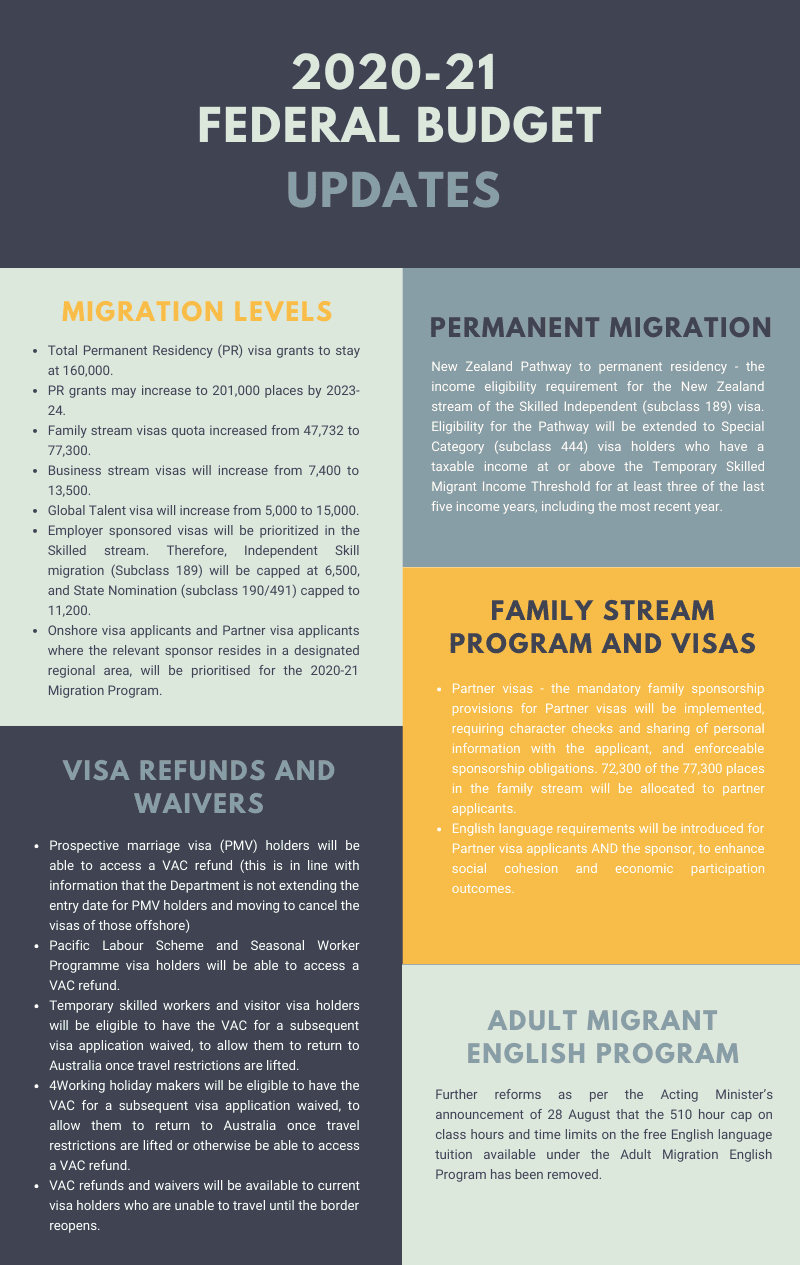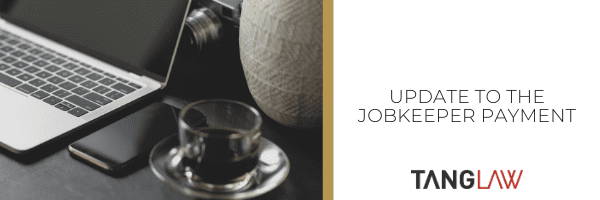Case Study : Criminal Charges for “Indecent Dealing”
This is a real case that happened recently.
B was charged with 2 counts of ‘Indecently Dealing’ with a young, teenage girl whom he had met on the internet, pursuant to section 321(4) of the Criminal Code (WA), where it states that:
Child of or over 13 and under 16, sexual offences against
A person who indecently deals with a child is guilty of a crime and is liable to the punishment…
Sentence
For a charge of this nature, the maximum sentence prescribed by law is 7 years imprisonment.
In past cases, generally, the Courts have given sentences in the range of 2 to 5 years. It is highly likely that B would have received a sentence of this nature, if he had been found guilty.
Allegations Made by Prosecutor
The Prosecutor alleged that B’s actions were predatory and calculated.
It became apparent to us, as B’s lawyers, that B is a shy young man and has some issues pertaining to mental health. The factors personal to his situation had to be analysed in order to bring to light the personal issues that may have led to his offending; his upbringing, personal immaturity, issues pertaining to his mental health and the impersonal nature of the online communications that allowed for such a shy young man to connect inappropriately with a captive audience.
Sentencing Hearing
B pleaded guilty to the charges, however, the details of the allegations made by the Prosecutor were inaccurate and they were challenged at the sentencing hearing.
Expert opinions and psychiatric findings in relation to the Accused were obtained and written Sentencing Submissions were filed with the District Court of Western Australia.
Result: B was given a suspended sentence, allowing him to remain out of prison and giving him the access to help that he really needed. This result was more favourable than the sentences received by similar accused persons in past cases.
About Writer
Adam Ward was admitted into the legal profession in the Supreme Court of Western Australia in 2015 and joined Tang Law in May 2019. Mr. Ward is an experienced Criminal and Traffic Lawyer with extensive experience in representing clients in Courts on all issues relating to Traffic Law, Criminal Law, and Criminal Injury Compensation.







